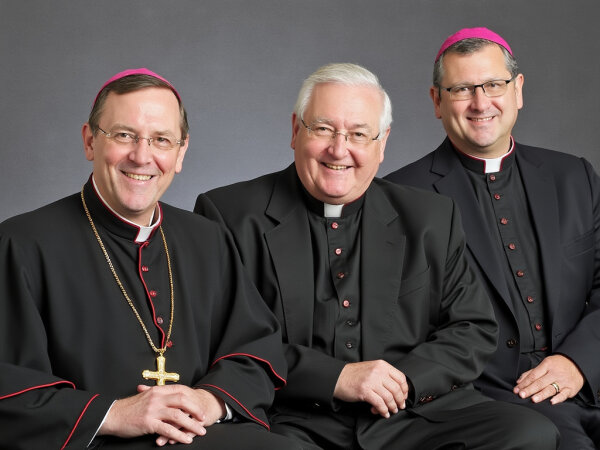Florida’s Catholic Bishops Oppose Marijuana Legalization

10/25/2024
Florida’s Catholic bishops are urging residents to vote against Amendment 3, a ballot initiative that seeks to legalize recreational marijuana for adults 21 and older, as millions of dollars pour into the historic campaign. The amendment, if passed, would allow adults to possess up to 3 ounces of marijuana, significantly expanding the state’s existing marijuana laws that currently only permit medicinal use.
Amendment 3 has become the most expensive marijuana-focused campaign in U.S. history, with supporters spending over $90 million and opponents over $14 million by late September, according to Ballotpedia. To pass, the initiative requires 60% voter approval, and polls suggest a close race with mixed outcomes.
One of the most vocal groups opposing the measure is the Florida Conference of Catholic Bishops (FCCB), which issued a statement warning that legalizing marijuana would increase its usage and make it more accessible, particularly to adults. The FCCB cites studies indicating that legalization can lead to a 20% increase in marijuana use among adults. The bishops are also concerned about the higher levels of THC in modern marijuana products, which they argue can exacerbate negative effects such as impaired brain function and decision-making.
Additionally, the bishops highlighted the risks posed to developing brains and unborn children if marijuana is consumed during pregnancy. Their statement references the Catechism of the Catholic Church, which condemns non-therapeutic drug use as “a grave offense” and emphasizes Pope Francis’ opposition to any form of drug use.
The opposition campaign has attracted bipartisan support, with Republican Governor Ron DeSantis launching a political action committee to fight the amendment, while former Democratic President Barack Obama and other prominent figures have spoken against legalization. However, former President Donald Trump, who resides in Florida, has announced his support for the measure and pledged to vote yes on the initiative.
In contrast, the Florida Democratic Party officially supports the amendment, though some prominent Democrats, such as former U.S. Health Secretary Donna Shalala, have voiced opposition. As the November election approaches, both sides are emphasizing their bipartisan alliances to sway voters.
Reference
Amendment 3 has become the most expensive marijuana-focused campaign in U.S. history, with supporters spending over $90 million and opponents over $14 million by late September, according to Ballotpedia. To pass, the initiative requires 60% voter approval, and polls suggest a close race with mixed outcomes.
One of the most vocal groups opposing the measure is the Florida Conference of Catholic Bishops (FCCB), which issued a statement warning that legalizing marijuana would increase its usage and make it more accessible, particularly to adults. The FCCB cites studies indicating that legalization can lead to a 20% increase in marijuana use among adults. The bishops are also concerned about the higher levels of THC in modern marijuana products, which they argue can exacerbate negative effects such as impaired brain function and decision-making.
Additionally, the bishops highlighted the risks posed to developing brains and unborn children if marijuana is consumed during pregnancy. Their statement references the Catechism of the Catholic Church, which condemns non-therapeutic drug use as “a grave offense” and emphasizes Pope Francis’ opposition to any form of drug use.
The opposition campaign has attracted bipartisan support, with Republican Governor Ron DeSantis launching a political action committee to fight the amendment, while former Democratic President Barack Obama and other prominent figures have spoken against legalization. However, former President Donald Trump, who resides in Florida, has announced his support for the measure and pledged to vote yes on the initiative.
In contrast, the Florida Democratic Party officially supports the amendment, though some prominent Democrats, such as former U.S. Health Secretary Donna Shalala, have voiced opposition. As the November election approaches, both sides are emphasizing their bipartisan alliances to sway voters.
Reference







